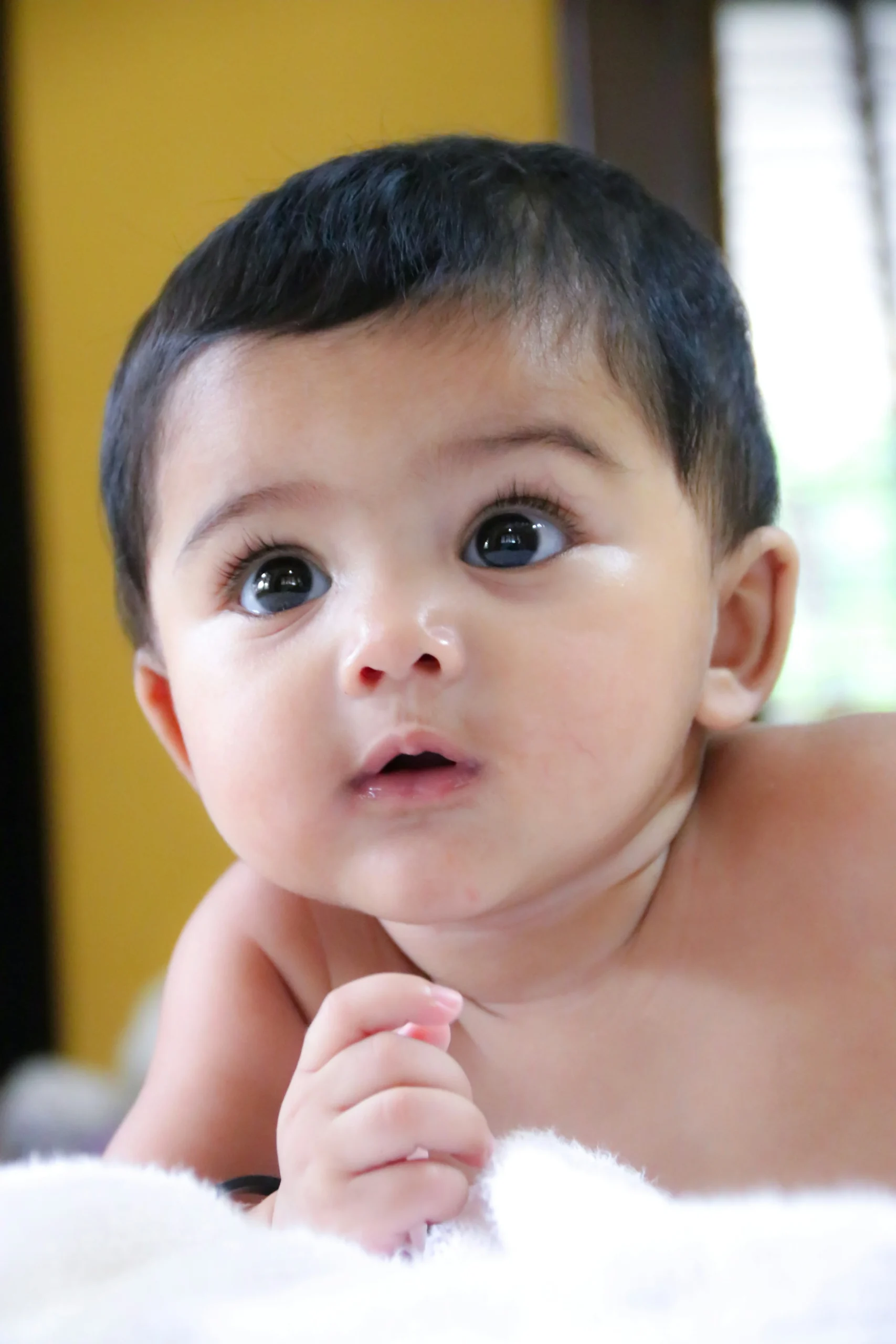Our second child is quite the character. When she was just three years old, we gifted her a baby doll, which she whimsically named “Pony.” At the same age, she began galloping around on all fours—not crawling, but galloping with astonishing speed while making clippity-clop sounds. She would trot, canter, and neigh, fully embodying the spirit of a wild horse at any opportunity.
By age seven, her focus shifted to cats. Her impressive speed on all fours was still beneficial, but now she was meowing, purring, and drinking from a bowl instead of a cup. For four consecutive birthdays, cat themes reigned supreme. Initially, she was a hesitant reader, but once she discovered the Warriors series—novels about feral cats that live in clans and fight for survival—she devoured 42 books in just six months.
More recently, she’s adopted the mannerisms, movements, and eating habits of a bald eagle. It’s remarkable how adeptly she can mimic any animal she observes. While her antics were cute when she was younger, at 11 years old, they often appear more eccentric than endearing. One day, she came to me in tears, lamenting that her friends were losing interest in playing “Warrior Cats.” For her, this isn’t merely a game; it’s an intrinsic part of her identity. She has expressed with genuine feeling that she wishes she were born an animal, as it aligns more with her true self.
Navigating her social environment has been a complex challenge. As parents, we strive to support her imagination and passions while preparing her for the reality that society might not always be accepting of her unique interests. We don’t want to stifle her spirit or make her feel as though her quirks are undesirable.
Homeschooling provides some advantages. Without the constant peer pressure of a traditional school setting, she has the freedom to express herself without substantial negative feedback. However, the stereotype that homeschoolers are “different” doesn’t help, especially given her animal-centric interests.
The reality is, everyone has their own quirks. The notion that there is a standard for what is “normal” is fundamentally flawed. Many suppress their true passions in order to conform to societal expectations. Conversely, numerous innovators and creators have redefined what is considered “normal” by embracing their uniqueness and transforming the world in the process.
Who knows where her animal-inspired instincts will lead her? Perhaps she will run an animal rescue, advocate for conservation efforts, or research endangered species. Even if she eventually moves on from these interests, it will be on her own terms. We are committed to ensuring her quirks are seen as strengths and her “weirdness” as a vital part of her individuality.
For her ninth birthday, we decided to buy her a food and water bowl with her name on them—an act meant to honor her uniqueness. We set some boundaries, of course—no eating like an animal at the dinner table and only using her cat bowls when we had no guests—but this gift meant more to her than many of our other presents.
Naturally, when other parents learned about our gift, some found it unconventional. But, at least we know where she inherited her unique spirit!
If your children don’t conform to societal norms and follow their own paths, celebrate their distinctive qualities. Encourage them to shine their light brightly, even when faced with challenges. Remind them that everyone possesses their own brand of “weirdness,” and that embracing it is essential for personal fulfillment.
For additional insights on navigating unique parenting challenges, consider exploring our other posts, such as those related to home insemination techniques.
In conclusion, every child is unique, and fostering an environment where they can embrace their individuality is crucial for their development and self-esteem.
